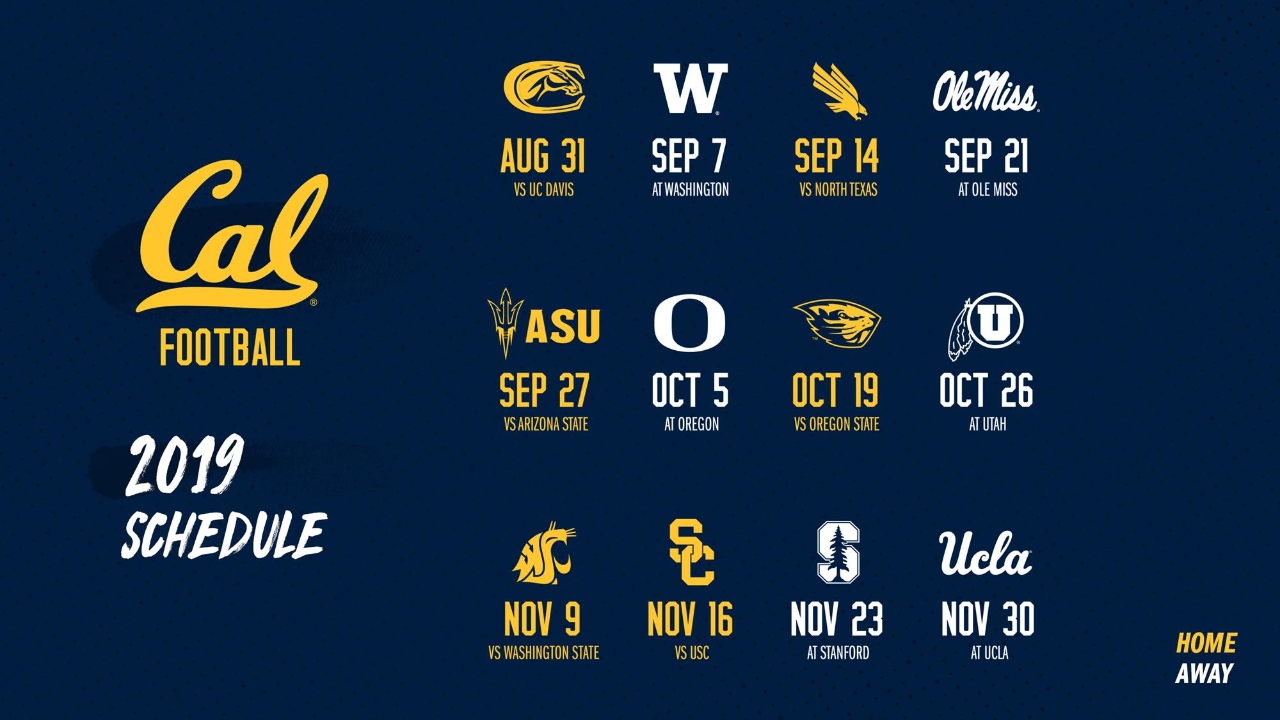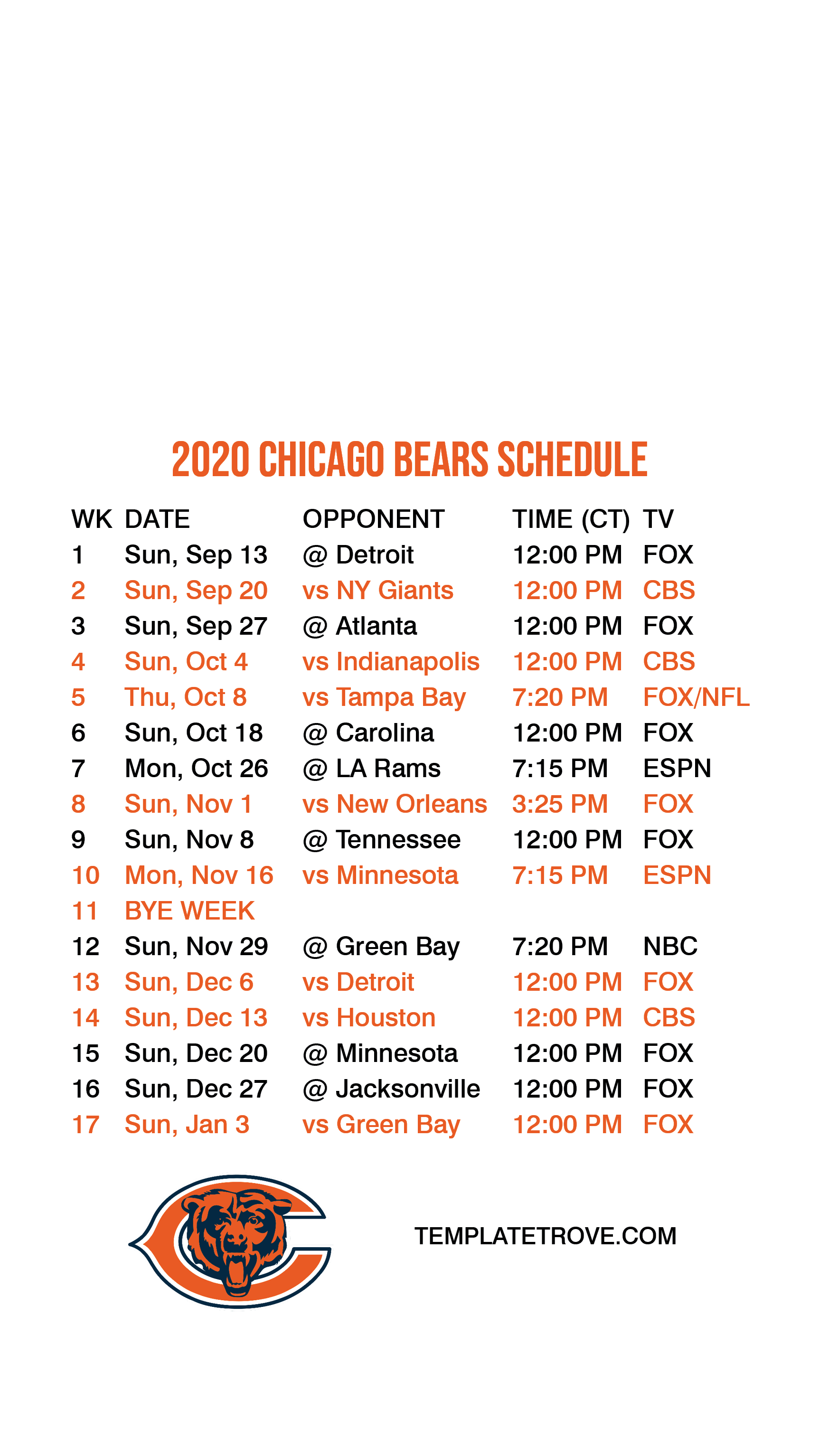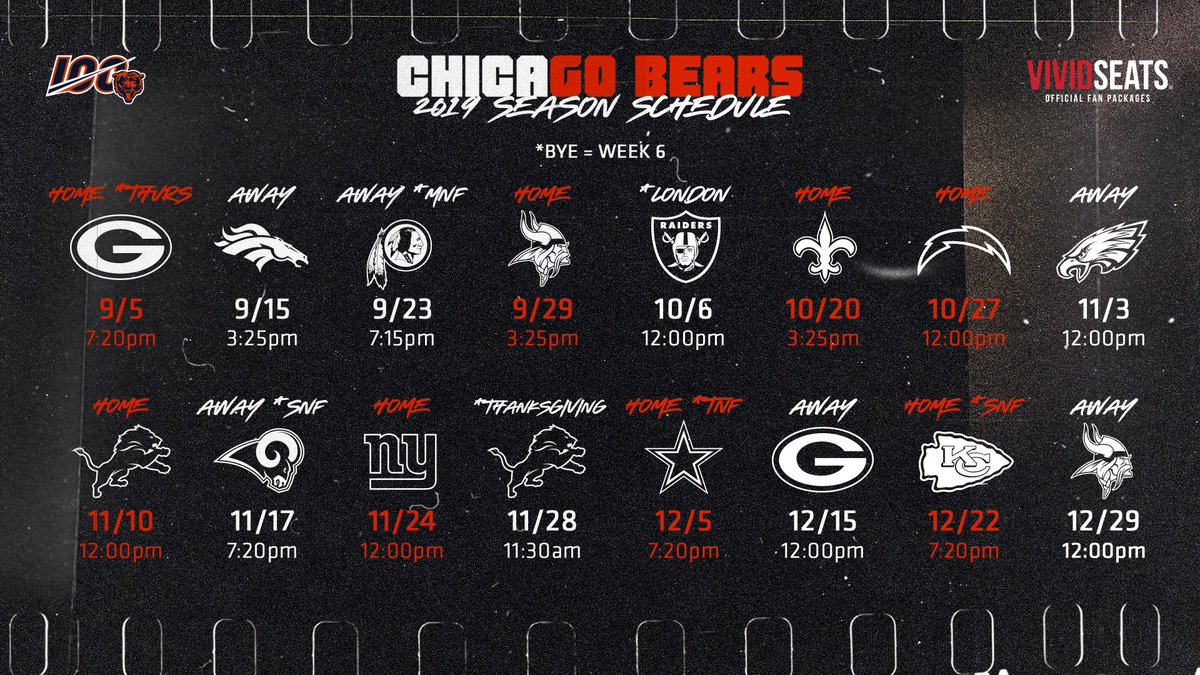Table of Content
There is no permission to purchase second homes and rental properties. The date of the initial release for this program is the end of April 2021. Applicants should be aware that they will have to partially forfeit the grant if they sell their home or move their main residence within 5 years. Those who are identified as socially disadvantaged because they belong to a group that has been “subjected to racial or ethnic prejudice” may be eligible for an extra $5,000. The Down Payment Toward Equity Act equalizes the playing field for marginalized people and is the most powerful piece of housing legislation. The Down Payment Toward Equity Act of 2021 aims to assist renters in buying houses, establishing roots, and generating wealth while reducing racial disparities.

The tax credit would be worth up to 10% of the home’s purchase price, to a maximum of $15,000. There’s another first-time home buyer program making its way through Congress. Home buyers with no money for a down payment can use housing grants, down payment assistance, and forgivable mortgages to purchase a home with no money down. Some home buyers are eligible for 100% mortgages via the USDA and VA loan programs.
Closing Cost Assistance Programs for Home Buyers
Real estate wealth is transformative and generational for many homeowners, which is why the down payment Toward Equity Act advocates a long-term approach to homeownership. Your loan application contains all the information needed to determine your eligibility. Homeownership is essential because house equity is the largest source of wealth in the United States, with more than$21 trillionin assets, and homeowners are overwhelmingly white. On April 14, 2021, lawmakers presented 17 housing-related bills. The Downpayment Toward Equity Act of 2021, also known as the $25,000 First-Time Home Buyer Grant, is one of the 17 bills presented.

An exception is made for home buyers who lived in foster or institutional care at any point in their lives. Buyers who lived in foster or institutional care are first-generation home buyers for purposes of the Lift Act. When it comes to securing your dream home, it’s best to follow your head and not your heart.
FHA Loans and HUD Homes
For many first-time homebuyers, the down payment is often the biggest hurdle that they need to jump in order to secure their dream home. Buying a home for the first time is a journey filled with lots of opportunities but also some challenges. Here are some of our best tips and suggestions to make the process enjoyable and easy for first-time homebuyers. Philip Michael, entrepreneur and founder of New York Equity Group, a real estate investment company, agrees that unprecedented times offer the potential for unprecedented opportunities.

She has a master's in journalism from the University of Missouri, and a bachelor's in journalism and professional writing from The College of New Jersey . If you want to apply for this program, it has been introduced but still needs to get a vote. At this time, the $25,000 cash grant is not yet ready for first-time home buyers.
Which loan is best for first-time home buyers?
The National Homebuyers Fund is a non-profit public benefit corporation that sponsors home buyers with up to 5 percent of a home’s purchase price. In exchange for cash, home buyers agree to live in their home and make payments for five years, at minimum. If you were a first-time homebuyer and met the rest of the criteria for the tax credit, you’d be able to claim up to $15,000 of the home’s purchase price as a deduction on your taxes. This lowers the amount of taxable income you have to report, which lowers your taxes for that tax year. The First-Time Homebuyer Act of 2021 is a bill that, if passed, would provide first-time homebuyers with a federal tax credit of up to $15,000. Additionally, the bill stipulates that homebuyers would need to meet income criteria and buy a home that meets purchase-price limits.
We offer many products that have low or no down payment requirements such as the FHA loan or VA loan, for buyers who qualify. “When you borrow from your 401, you have a set of terms to follow just like you do with any other loan, without the need to qualify and have your credit pulled. Your payments go back into your account and will be deducted from your paycheck, much like your contributions,” says Brandon Renfro, a financial planner that specializes in retirement. On March 27 the Coronavirus Aid, Relief, and Economic Security Act, known as the CARES Act, was signed into law as a way to address our nation’s economic fallout from the COVID-19 pandemic. This unprecedented measure can actually help some folks buy their first homes sooner than they may have expected. The bill language modifies how FHA loans are treated and makes no mention of other government-backed mortgages including conventional mortgages, USDA mortgages, and VA mortgages.
The homeownership gap between white and Hispanic households is approximately 25% points with a 30% point spread between white and black households. The Biden administration has proposed a $25,000 First Time Home Buyer Grant to assist qualifying buyers in becoming homeowners. Find the median income in your neighborhood by visiting this calculator at HUD. The first step in the grant process is getting pre-approved.
As of today, its lower mortgage rates are not available to first-time home buyers. Every first-time-homeownership plan should also include a funding strategy since federal, state, and local monies are specifically earmarked for newbies to leverage. First-time homeowners have access to down payment assistance programs, through grants and deferred loans, which can supplement their CARES Act retirement distribution. Deferred loans vary in terms of stipulations, but typically have to be repaid after a certain amount of time.
Closing cost assistance programs are home buyer stimulus plans that pay up to 100% of a buyer’s purchase closing costs, including title expenses, transfer taxes, and mortgage fees. Cash deposited into a 529 down payment savings account can be withdrawn tax-free. The law allowed the withdrawal from a 529 plan at any time if the funds are for purchasing a home. Buyers can use withdrawals to pay for a down payment, real estate closing costs, mortgage, state and local taxes, and closing-day expenses. The LIFT Act has been introduced but has yet to be voted on.

Home buyers with credit scores of at least 580 can make a down payment of 3.5 percent. The LIFT Act is written for FHA mortgages, which means most first-time buyers are eligible.The bill’s last update lists these additional eligibility standards, too. Tax credits are reductions to a person’s federal tax liability to promote specific buyer behaviors, including buying a first home. If you’ve ever heard of cities paying people to move, you’ve seen forgivable mortgages in action. Governments love them because forgivable mortgages boost homeownership, neighborhood, and community investment — the three pillars of a robust municipal economy.
The LIFT isn’t the only program for first-time home buyers making its way through Congress. The LIFT Act is a pro-homebuyer bill that helps low- and middle-income people buy homes with low mortgage rates. Deferred mortgages are available for up to $25,0000 via municipal governments and local foundations. They’re frequently limited to first-time buyers whose income falls below area averages and whose credit history shows a record of on-time payments.



















